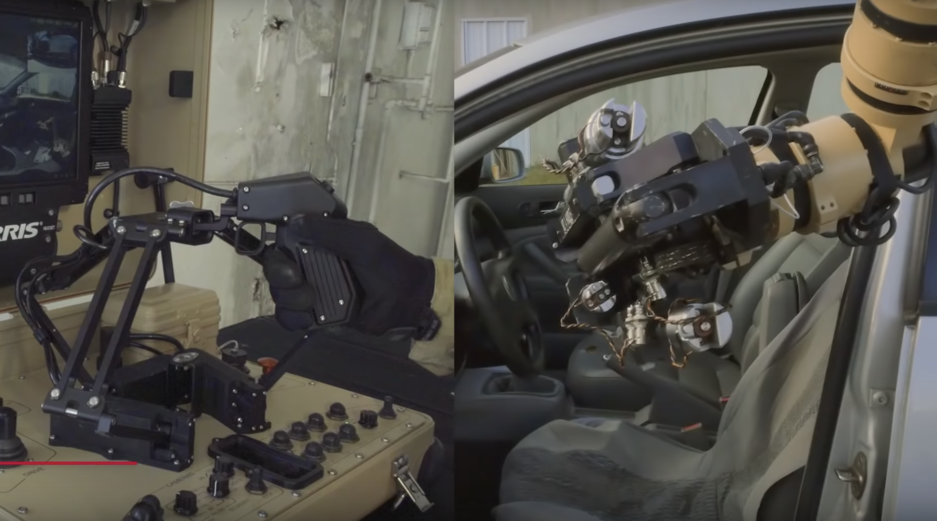This post is also available in:
 עברית (Hebrew)
עברית (Hebrew)
New cooperation in the field of artificial intelligence (AI) is intended to result in advanced AI systems in unmanned surface vehicles (UUVs). The goal: aid and increase safety during night operations, extreme weather conditions or in heavily-trafficked routes.
Recently, Intel and Rolls Royce announced their collaboration intended to make delivery by sea safer. Additionally, Rolls Royce announced that it is working towards completing a completely autonomous cargo fleet by 2025.
<iframe width=”560″ height=”315″ src=”https://www.youtube.com/embed/ZuX5qFdiiI0″ frameborder=”0″ allow=”autoplay; encrypted-media” allowfullscreen></iframe>
Within the framework of the collaboration, the companies said that Rolls Royce would use Intel’s Xeon Scalable processors in special data centers to be built on the ship’s deck. Smart systems as these, or Intelligent Awareness Systems, use artificial intelligence capabilities in order to process data from radar and laser systems, HD and thermal cameras, an array of sensors, satellite data and weather reports.
This data analysis will allow the vessel to operate autonomously, identify obstacles several kilometers away and communicate. Such autonomous capabilities are especially vital at night, in extreme weather conditions or in busy shipping routes.
Automation is, inter alia, aimed at reducing the potential for human error.
In the last decade, dangerous conditions resulted in the loss of over a thousand vessels’ cargo, mostly due to human error of crew members. The operation of a massive vessel, loaded with millions and even billions of dollars worth of cargo, and its navigation along with identification of obstacles and dangers in real time, requires crew members to make intelligent decisions based on a wide and diverse set of information.
Smart systems could minimize the potential for human error by automation of tasks and routine processes, which will enable the crew to focus on critical decision-making, according to pc.co.il.


























